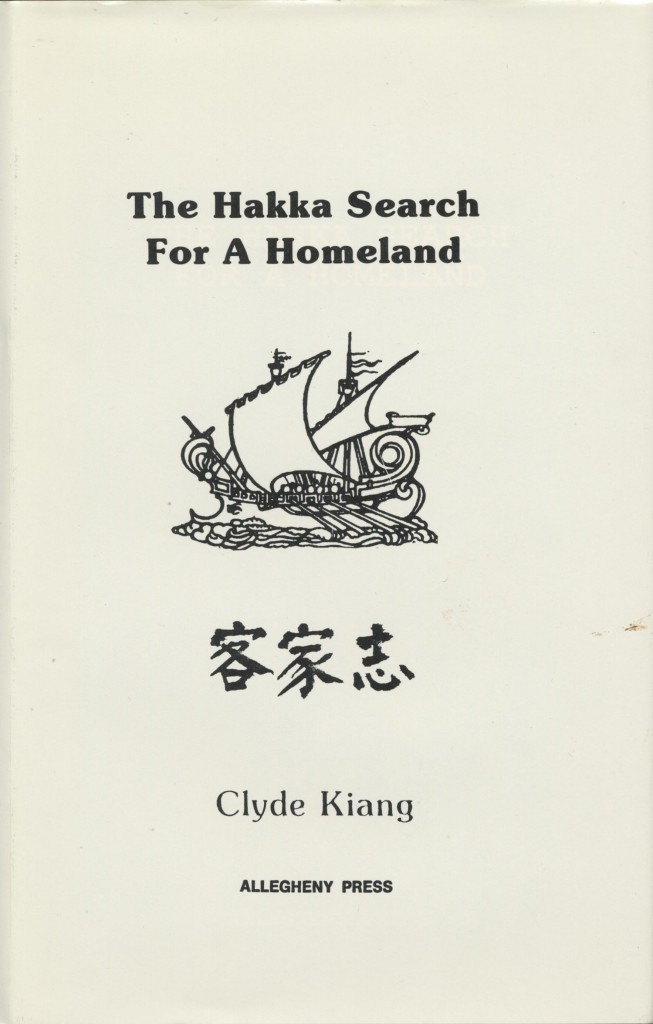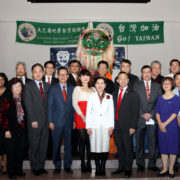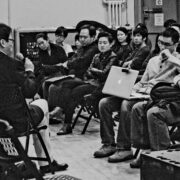The Hakka Search For A Homeland 客家志
作者 Clyde Kiang 江運貴
PREFACE
No one believes that we can understand the story of Hakkas by studying only the written records of the privileged and the educated. The overemphasis on the official history by the Chinese elite has led to grave distortions in our knowledge of Hakka’s origins. The misinformation is caused either by misstatements of facts or suppression of truth. Thus this book points out the course of their original migration from Central Asia through North and South China to everywhere around the globe.
Moreover, the book expounds the role of genetic influence on their behavior. I have tried to present a perspective on the Hakka experience in Taiwan by employing those insights of historical, cultural, and sociopolitical learning of which I have been a direct beneficiary. At the same time, the writing of this book was a personal statement inseparable from the writer’s background as a Taiwanese Hakka as well as American Hakka. So this book was written essentially as an attempt to identify ethnic background of the Hakka people and to depict their plight as a minority.
In addition to ongoing observations and readings, this book benefits greatly from personal interviews and first-hand experience. In gathering information for writing this book, I have drawn material from a number of different sources in Chinese, English, Japanese, and others. I have been fortunate in having the cooperation of a number of distinguished experts. For such very constructive help and sharing their insight with me, I am grateful to Drs. Dennis Chen, Chris B. S. Ho, and Kenneth Rai. Most of all I am indebted to Dr. John Tomikel for his generosity of spirit in reading the entire manuscript. They have read and commented on various pieces of the manuscript, offering valuable criticisms and suggestions.
In spite of the expert help and advice I have received, I am aware of my obligations in presenting the material fairly and correctly. Of course, final responsibility for the accuracy of the information and for the interpretation of the facts is mine alone. So let this book be our new lead on an academic and scientific journey through the everchanging world of the Mongoloid migration, especially the Hakka people. I hope that the reader will remain excited by trying to understand how the Hakkas have arrived at where they are today, and he will engage in continual research or speculation about where it may be leading us to draw a conclusion.
This book is dedicated to the Hakka people, and to my family: May, Justin, and Kylene.
Clyde Kiang, author of The Hakka Search For A Homeland, is a world class scholar. He writes and speaks fluently in Mandarin Chinese, Japanese and English as well as in his native Hakka and Taiwanese. Not unexpectedly, he has been admired for his extensive knowledge in many fields about China, Japan, and Taiwan.
Clyde Kiang is an associate professor of library science at the California University of Pennsylvania. He holds a bachelor’s degree from National Taiwan University, a master^ degree from Western Michigan University and a second masters degree from Michigan State University.
Although professor Kiang has spent a lifetime gathering information on the ethnic Hakka he was granted a sabbatical leave from his university to do further research of original documents at several large libraries in Japan, Taiwan, and the U.S. This work, The Hakka Search For A Homeland, is the culmination of that research. It is based on Chinese, Japanese, and English documents as well as DNA research, most of which appear in English for the first time.
Posted in 2015/02






